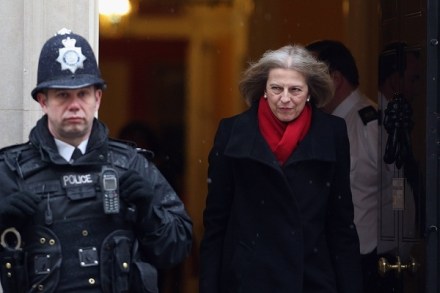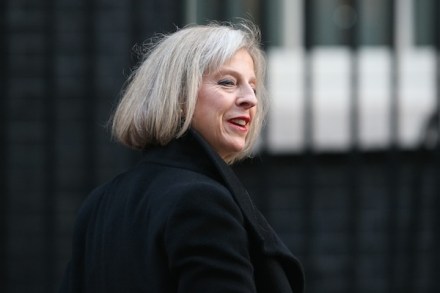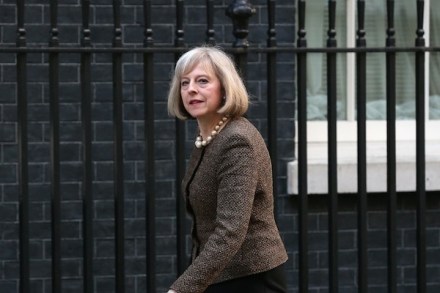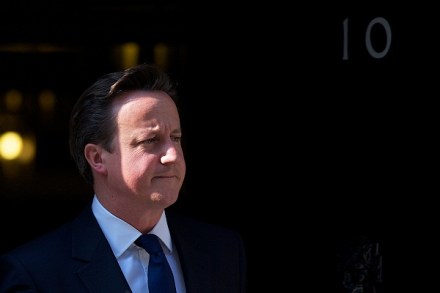Bloomberg will buy the Financial Times — but only if it jettisons The Economist
How much would you stump up for the Economist? Most of us would draw the line at a fiver, but I’m told that Mike Bloomberg, mayor of New York, is drawing the line at £300 million. Bloomberg is busy relocating to London and he’s poised to snap up the Financial Times later this year. But the Pink ’Un comes with a 50 per cent share in the Economist. And the small print conceals a pesky restrictive covenant that prevents the owner from replacing the editor. This is proving a drag for Bloomberg, who admires the Economist’s boss, John Micklethwait, but who sees little sense in buying a ship if he can’t


















